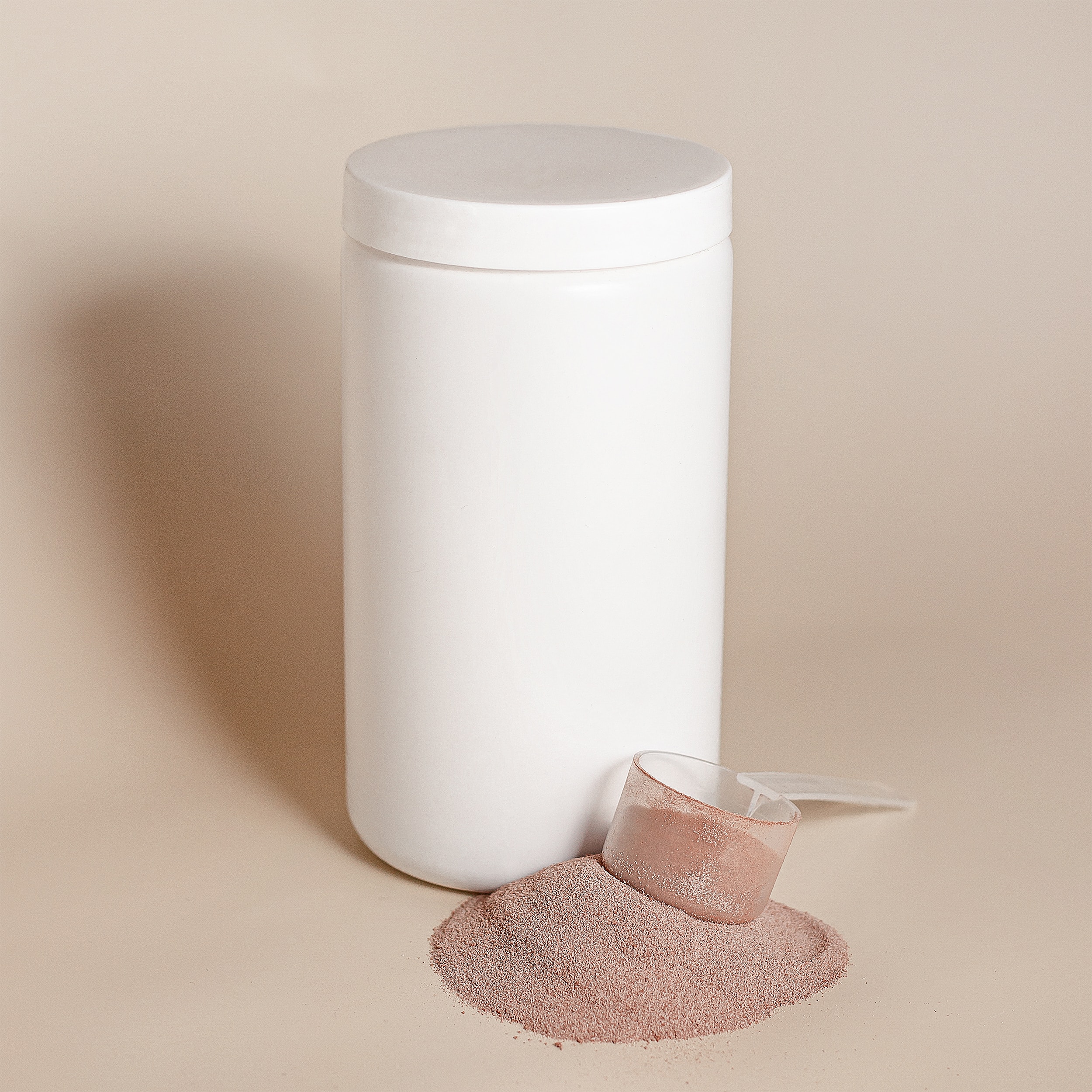Has Kim Kardashian Bleached Her Way To Baldness?
8th May 2015

These days, seeing photographs of females in the spotlight suffering from hair loss is no longer a shock.
Most commonly, this loss is caused by wearing hair extensions to provide longer locks, or regularly using dyes and bleach to keep on trend with the latest hair colour.
Celebrities including Britney Spears and Manchester’s very own Helen Flanagan have all been papped with patchy bald spots – a real give away of the long-term use of extensions, which over time pull on the hair follicles and eventually cause hair loss.
Dyes have had an effect on Kelly Osbourne, Lady Gaga and the tabloid’s most recent victim, Kim Kardashian.
Kim raised plenty of eyebrows and almost broke the internet (again) when she stepped out with platinum blonde hair during Paris Fashion Week. A recent report and series of images claim that after repeatedly using peroxide on her hair – Kim was spotted bleaching twice a week while in Paris – she is going bald.
Glancing at the pictures, it does appear that some hair loss has occurred. However, having not treated Kim, I can’t put this down to the bleach for certain.
There are many other causes of bald patches, such as stress orientated hair loss, where the growth cycle is interrupted, or she could have hormone related hair loss, which is quite common in many women.
Stress, a poor diet, poor health, or a hormone imbalance can all affect your hair. Kim may wish to get checked for problems, such as polycystic ovaries or anaemia, and also look at her diet and lifestyle to determine the root cause of the problem.
If you’re a woman with concerns over hair loss – whether it’s down to extensions and dyes or not – you should seek advice from your GP, and if you have access to one, a qualified Trichologist who is a registered member of the Institute of Trichologists. If necessary, you may be referred to a dermatologist (skin specialist doctor), endocrinologist (hormone specialist doctor) or gynaecologist, as hair loss can also be caused by problems, such as polycystic ovaries or anaemia.
Alternatively, please give our team a call and we’ll advise on the best course of action to take.


